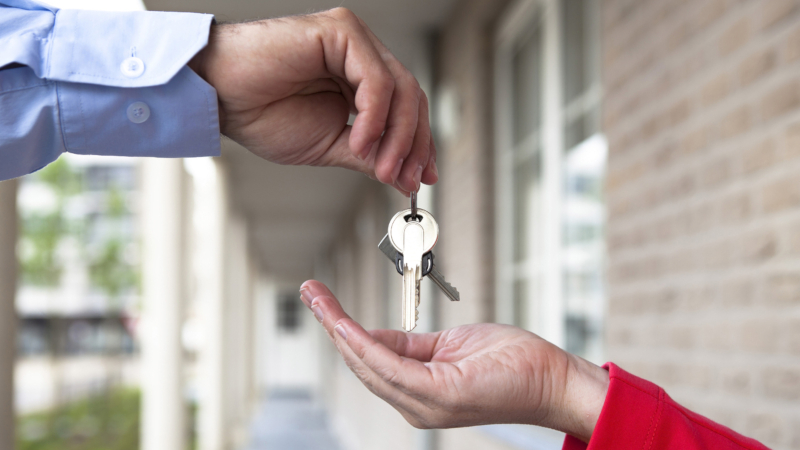Before you collect the keys and begin the exciting journey of settling into your new home, you need to close. Closing on a custom home is the final step – and it’s an important one. Being prepared for the closing process, and for associated closing costs, is essential.

6 Things to Know About Closing Costs
1. What are closing costs?
Let’s start right at the beginning: closing costs are fees and expenses related to closing the sale of your home. This includes items such as:
- Mortgage origination fees
- Transfer taxes
- Escrow or settlement fees
- Recording fees
- Homeowners Association (HOA) transfer fees (if applicable)
- Prorated property taxes
- Appraisal and survey fees
- Owner’s and lender’s title insurance
- Realtor commission
This can be a confusing part of the process, especially when it seems like there’s a fee for everything! Your builder and lender can help walk you through the specifics of your situation.
2. Do I Need Title Insurance?
Many people do not think they need title insurance if they are building a new home. This is not the case; you still need it in order to protect yourself. Title insurance covers you if there is some sort of error or defect after you close. This could be anything from undisclosed or missing heirs to unpaid judgments and liens against the property on which your house is built. Title insurance also comes into play if builders do not pay subcontractors and suppliers. The unpaid parties can place a lien on your property, which is a headache you definitely do not want. This is yet another reason why it is critical to choose the right builder.
3. How much are closing costs?
Closing costs can vary widely. For example, in North Carolina, for a $500,000 home with a 10% down payment, you would expect to pay close to $10,500 on a 30-year fixed loan. So, it’s helpful to shop around mortgage companies and ask questions about fees. What about your specific closing costs? At least 3 days prior to closing, your lender will send you a Closing Disclosure statement. This will give you the exact amounts you will pay.
4. How do I budget for closing costs?
You obviously can’t wait until a few days before closing to know what you’re going to pay! You can get a good idea, though, from your Loan Estimate (LE). When you apply for financing, your lender must provide you with an LE. When you get the Closing Disclosure statement, compare it to the original LE to ensure there are no major discrepancies.
You can also use a closing cost calculator to help you budget for this expense. Again, it’s important to ask plenty of questions so you understand your costs.
5. Are closing costs higher for new construction/newly built homes?
Generally, yes. When you buy a pre-existing house, you share some of the closing costs with the seller. This isn’t the case with a new build. However, look at the big picture. You can more than offset those costs – and the cost of ownership – with newly constructed houses. They require less maintenance and zero upgrades. For example, you won’t have to replace the roof for decades or put in new appliances for years.
New houses are also generally more energy efficient, thanks to advances in building sciences and materials, and with smart design, they are “future-proof.” In other words, your house can evolve with your lifestyle and needs.
6. Who pays the real estate agent’s commission?
Generally, the home seller pays the full commission for the services of both their own listing agent and the buyer’s agent (assuming the buyer has one.)
When you work with Jordan Home of NC, not only will you be able to realize your vision and dreams, but you’ll also enjoy the process! Our stress-less (a lot less!) process eliminates or mitigates many of the worries and concerns of an average custom home build. Contact us today to get started.